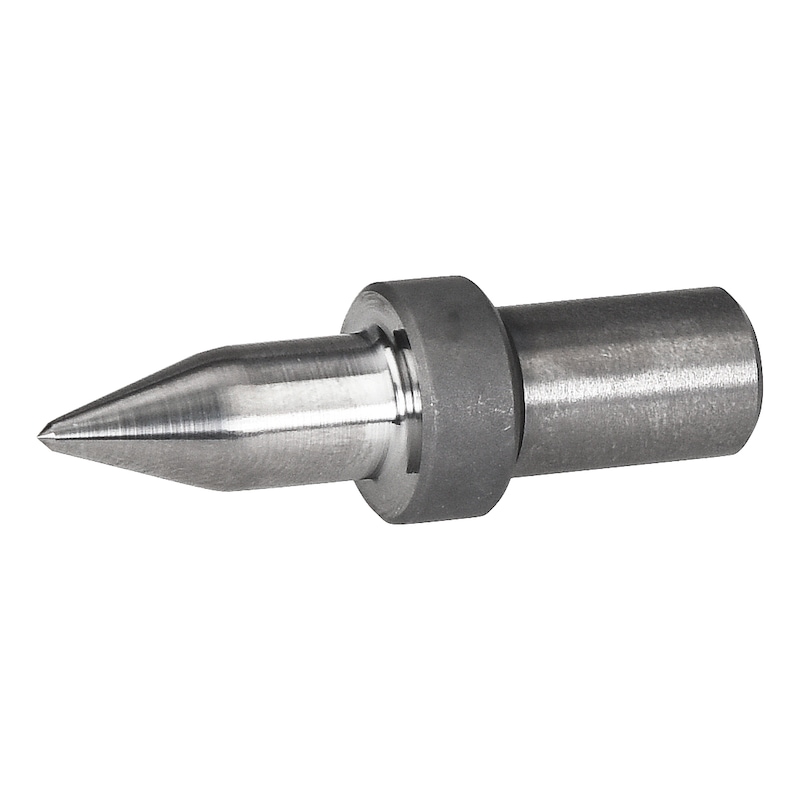The images are examples. For detailed information, other images and documents, please select individual articles from the following table.
Friction drill bit Standard with collar
The solution for increasing wall thickness by displacing the raw material. The increased wall thickness enables the creation of threads with high pull-out forces and high overtorque in sheets of steel, stainless steel, copper, aluminium, bronze etc. starting at a thickness of 0.5 mm. Alternative to rivet and weld nuts.
Register now and access more than 125,000 products

Variants
Process improvement
Time savings of up to 66 % through automation
Cost savings
- No rivet or weld nuts required
- Fewer process steps required
Reduced setup time
Reduces manual setup time by 50 %.
No post-processing required
0 % missed holes/threads or rotating threads
Benefits
- Chipless drilling and thread cutting
- No waste and disposal costs
- No additional investment or storage costs
- Reduction in work steps
- No extraneous material necessary
- High level of process reliability
- Solid carbide tools offer a particularly long service life
- Thread length is multiple times the original material thickness
- A lubricating paste must be applied to the drill bit every 2nd or 3rd hole in order to increase its service life. Recommendations: HSP 1400 high-temperature lubricating paste.
- Using a collet chuck with cooling fins is strongly recommended, as a very high heat is generated during the drilling process (700-800°C), and the collet chuck with cooling fins will significantly reduce the heat transfer to the machine spindle. Not using this type of collet chuck can result in damage to the power tool.
- The use of thread formers is recommended, as the pull-out resistance and overtorque are significantly higher than when using machine taps.
- Suitable for use with drill presses and CNC machining centres
- Automotive and agriculture
- Construction, solar and heating industries
- Stairs, railings and façades
- Steel furniture and rehabilitation equipment
- Always clamp the friction drill bit fully into the collet chuck as far as it will go and screw the union nut tight. Check it after the first four to five holes and retighten if necessary.
- Depth stop: Depending on the diameter and material thickness, set to approx. 0.8-3.5 mm above the surface, readjust if necessary
- The workpiece being processed must be clamped horizontally and securely and not subject to vibration.
- Ensure adequate cooling/lubrication and suitable speed!
- Position the drill bit gently against the surface, then steadily build up pressure. The material being processed is heated and melted.
- Quickly penetrate the material with the drill bit and shape the socket downwards and the collar upwards. Do not interrupt the drilling process!
- To create a homogeneous collar, reduce the feed speed at the end of the process.
- When the depth stop is reached, move the drill bit out again immediately. If the friction drill bit rotates on the spot for too long, the material will overheat!
- Caution: Do not touch the hot drill bit or the heated workpiece with your hands (only use the appropriate tool or protective gloves)!
Select RAL-colour code
!! NOTE: On-screen visualisation of the colour differs from real colour shade!!







